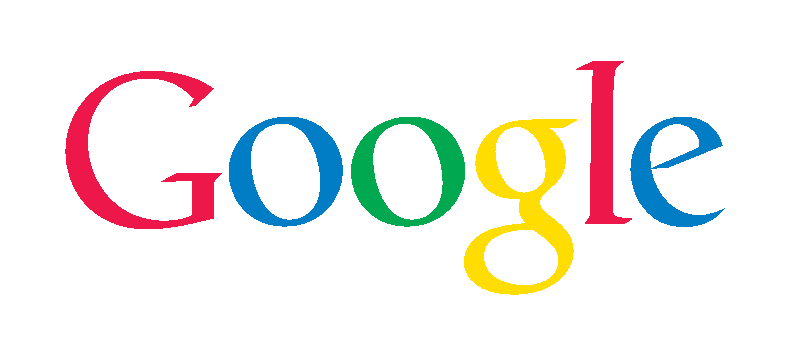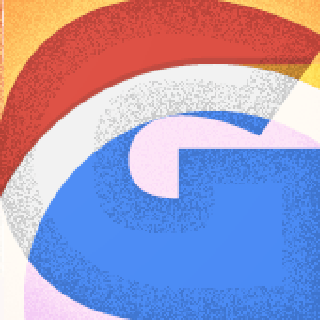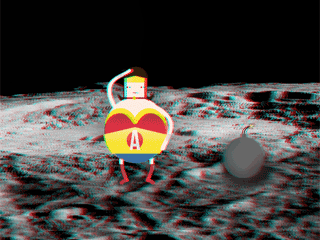A noun, a verb, a culture… a way of life?
“Google is God” is what one marketing expert once said, and he may have been right.
Let’s take a trip down memory lane and explore some of the milestones which made Google what it is today.

Memory lane starts here
- www.google.com was registered as a domain on September the 15th 1997 by Larry Page and Sergey Brin. The term google is a play on words with the word googol which is the mathematical term for the number 1 followed by 100 zeros. Larry and Sergey wanted to create a seemingly infinite amount of information on the web – and it worked!
- The first Google doodle was the image of the burning man incorporated into the logo. This was because Larry and Sergey were off to the Burning Man Festival and wanted to let people know where they were. This was in August 1998, the same time when Andy Bechtolsheim, co founder of Sun wrote a $100,000 cheque to Google Inc. – a company which didn’t exist yet.
- Google filed for incorporation on September 4th 1998 and deposited Andy Bechtolsheim’s cheque. They worked out of a garage and hired their first employee – Craig Silverstein.
- In May 2000 Google won its First Webby Awards – Technical Achievement and People’s Choice.
- In October 2000 Google AdWords was launched with 350 customers. It promised to allow keyword targeting, performance feedback, and online activation with a credit card.
- July 2001 Google Images is launched providing access to 250 million images.
- In December 2001 Google released it’s first zeitgeist – showing what terms people had searched for throughout the year.
- Google AdWords got a major overhaul in February 2002, it now included cost per click pricing.
- Google AdSense is launched in March 2003 – allowing business owners to access Google’s network of advertisers.
- Google Print was launched in December 2003. It’s now known as Google Books and is a collection of more than 20 million scanned books.
- In April 2004 Gmail was launched, offering 1 GB of storage. It now has over 425 million users.
- Google Analytics is released in November 2005 – allowing marketers to effectively analyse their campaigns.
- In 2006 Google released a variety of apps such as Google Calendar, Google Trends, Google Translate, and Google Wallet. Google also acquires YouTube.
- Android is announced in November 2007
- September 2008 – Google Chrome is announced – by 2013 Chrome boasts more than 750 million users.
- In September 2010 Google Instant is launched – showing search results as you type.
- TrueView is launched in December 2010– ads on YouTube now allow you to skip the ad after 5 seconds if you feel it’s not relevant. This helped marketers analyse their adverts and made them work harder and getting people’s attention.
- Two-step verification is launched in February 2011– providing added security to Google accounts.
- April 2012– Google Drive is launched, simplifying the lives of many by allowing users to share, store, and edit information in a cloud based system.
- Google Now makes an appearance in June 2012 – giving you information before you’ve even asked for it!
- October 2014 – Inbox for Gmail is launched allowing you to focus on the emails that really matter.
And what about 2015?
Well, with Google you never know. One thing is certain – Google has had a huge impact on most people’s lives in one way or the other, and this won’t stop any time soon.
We like to think Google has improved life for the better by connecting more people and allowing for better dissemination of information. What’s your take on this?




